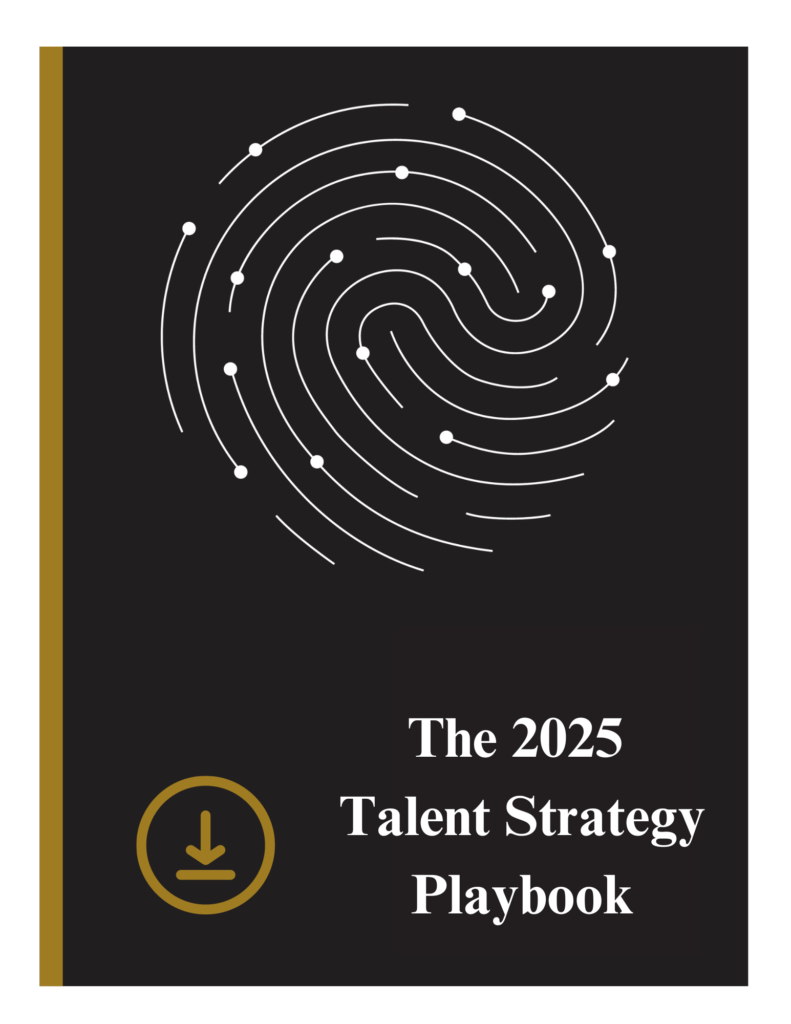by Amanda Sloan
In today’s fast-paced and competitive business environment, the success of an organization hinges on the quality and capability of its leadership. Developing executive talent is crucial not only for sustaining growth but also for ensuring that the organization remains agile and resilient in the face of challenges. One of the pivotal aspects of nurturing top-tier talent is instilling a culture of consequences and accountability. This principle, when properly implemented, can cascade through all levels of the organization, promoting discipline and excellence abound.
The Importance of Accountability in Executive Development
Accountability is the cornerstone of effective leadership. Executives who take ownership of their actions and decisions set a powerful example for the entire organization. This culture of accountability begins at the top and influences every layer of the business, creating an environment where employees understand the importance of their roles and responsibilities.
When executives demonstrate accountability, they:
- Build Trust: Transparency and honesty in leadership foster trust among employees. Trust, in turn, boosts morale and encourages a collaborative atmosphere.
- Enhance Decision-Making: Accountable leaders are more likely to make well-informed decisions, as they understand the weight of their choices and their impact on the organization.
- Drive Performance: A culture of accountability motivates employees to meet high standards, as they see their leaders holding themselves to the same expectations.
Consequences: A Catalyst for Growth
While accountability is essential, it must be paired with appropriate consequences to be effective. Consequences—both positive and negative—play a vital role in shaping behavior and reinforcing organizational values. For executives, this means recognizing achievements and addressing failures in a manner that promotes learning and development.
Positive Consequences:
- Recognition and Rewards: Acknowledging and rewarding successful initiatives and behaviors reinforces the desired conduct. This can include bonuses, promotions, public recognition, or other incentives.
- Opportunities for Growth: Providing executives with opportunities for further development, such as advanced training, mentoring, or challenging assignments, encourages continuous improvement.
Negative Consequences:
- Constructive Feedback: When mistakes occur, it’s crucial to address them with constructive feedback that focuses on improvement rather than blame.
- Accountability Measures: Implementing measures such as performance reviews, disciplinary actions, or corrective plans can help realign behavior with organizational goals.
Emulating Top-Tier Talent Throughout the Organization
When executives model a culture of accountability and consequences, this behavior permeates the entire organization. Here are some ways to ensure that these values are effectively communicated and embraced:
- Lead by Example: Executives must consistently demonstrate accountability in their actions. This includes admitting mistakes, taking responsibility for outcomes, and showing a commitment to continuous learning.
- Communicate Clearly: Clear communication about expectations, goals, and the importance of accountability helps employees understand their roles and responsibilities.
- Foster a Supportive Environment: Encourage a culture where employees feel safe to take calculated risks, make decisions, and learn from their mistakes without fear of undue punishment.
- Provide Resources and Training: Equip employees with the tools and training they need to succeed. This includes leadership development programs, workshops on accountability, and access to mentorship.
- Evaluate and Adjust: Regularly assess the effectiveness of your accountability measures and make necessary adjustments. This ensures that the culture remains dynamic and aligned with organizational goals.
The Ripple Effect of Accountability and Consequences
The implementation of a robust system of accountability and consequences within the executive ranks has a ripple effect throughout the organization. It instills a sense of responsibility, encourages high performance, and fosters a culture of excellence. When employees see their leaders embodying these values, they are more likely to adopt similar behaviors, leading to a more cohesive and motivated workforce.
Developing executive talent is not just about enhancing individual capabilities; it’s about creating a culture that values accountability and understands the importance of consequences. By doing so, organizations can cultivate leaders who inspire and drive success at every level. This approach not only ensures immediate results but also builds a strong foundation for sustainable growth and innovation in the future.



















